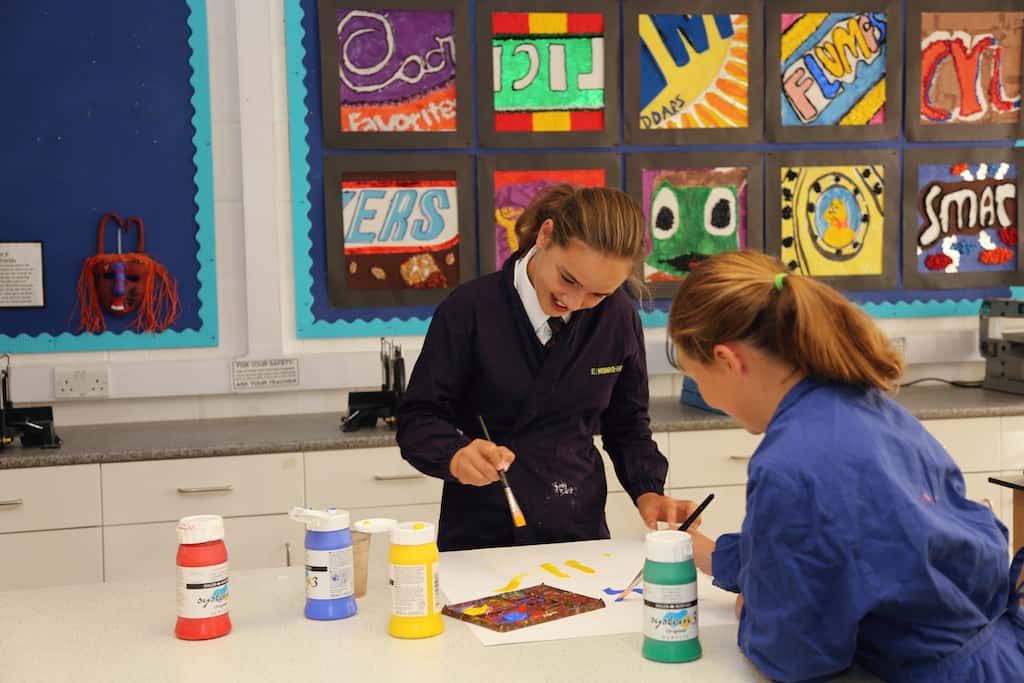Contrary to many beliefs, imagination is not an ability that is inherited at birth but a skill that can be nurtured and improved over time. Creativity is an important skill in many successful career fields: it is not just for artists and writers, creativity is a prominent trait in many roles, such as scientists and mathematicians, amongst others. It is a by-product of imagination, and there’s no time in our lives when our imagination is as free and powerful as in our childhood.
Unfortunately, this on-demand world that we now live in, where children can see all of their wildest creations in front of them at the click of a button or a swipe of a screen, makes it harder for young children to practise the art of imagination. In this modern age, the desire – and need – to play king of the castle is gone.
There is still space, however, for your child’s imagination to thrive. By following some simple guidelines, you can help support your child’s imaginative thinking, giving them the platform to develop great creative skills in future life.
Give them Space
A child’s imagination is boundless and, when this is harnessed to creativity, a child is likely to want to express themselves in all manner of weird and wonderful ways. By giving your child their own space where they are free to express themselves without worrying about the possible mess they create, you are allowing your child unabated access to their ideas. This is why taking your child to our private school, Devon can be an excellent decision for their growth, as we aim to nurture their creative sides while encouraging imaginative thinking and acts.
Don’t Reward Creativity
This may seem counter-productive at first but remember this – it is important that your child is harnessing their imagination out of their own desire to do so, and not as a chore necessary for parental rewards. By sticking to this idea, your child will learn to love their imagination for what it can do, and not because of what it can get them, and this is important for a child’s imagination to thrive in the future.
Promote Disagreement
Imagination can allow children to formulate many of their own stories, and this skill may eventually grow into the ability to form different pathways to certain outcomes. You may find that your child believes in a certain way of doing things, a way that is different from your own. These varying ideas are a sign of their imaginative skills growing and is something that should be promoted whenever possible.
Create True Experiences
This is something that is easily forgotten but incredibly important. It is not enough to buy your child an art set or musical instrument and allow them some free time to create – imagination is fuelled by experiences in the real world. By taking your child on various adventures to museums, forests, beaches, theatres and other such activities, you will be further expanding your child’s capabilities while also spending some important bonding time with them.
Process Over Product
More important than anything at this time in a child’s life is to not worry too much about the quality of their work, especially when it comes to products of their imagination. If your child writes a short story, ask them how they did it, whether they have finished it, and most importantly ask them if they enjoyed doing it, because it’s these thoughts that will promote further creative activities.
It’s good to remember that a child’s imagination is always something to be gently nurtured. It cannot be forced and, for some children, it may develop at a slower rate than others. However, by following some simple guidelines you can make sure that you’re giving your child the right environment for their imagination to thrive and, crucially, continue to grow as they do.








